This article is for anyone who has suffered or is suffering from irritable bowel syndrome (IBS). While it’s not the most glamorous sounding affliction you could be diagnosed with, it is definitely life changing.
You are not alone in the daily struggle you fight against food, stress and the resulting pain from it all. I’ve finally plucked up enough courage to tell my story, my whole story, about my battle with IBS and I hope it brings solace to those of you who feel isolated by this syndrome. And so it begins…
The Beginning
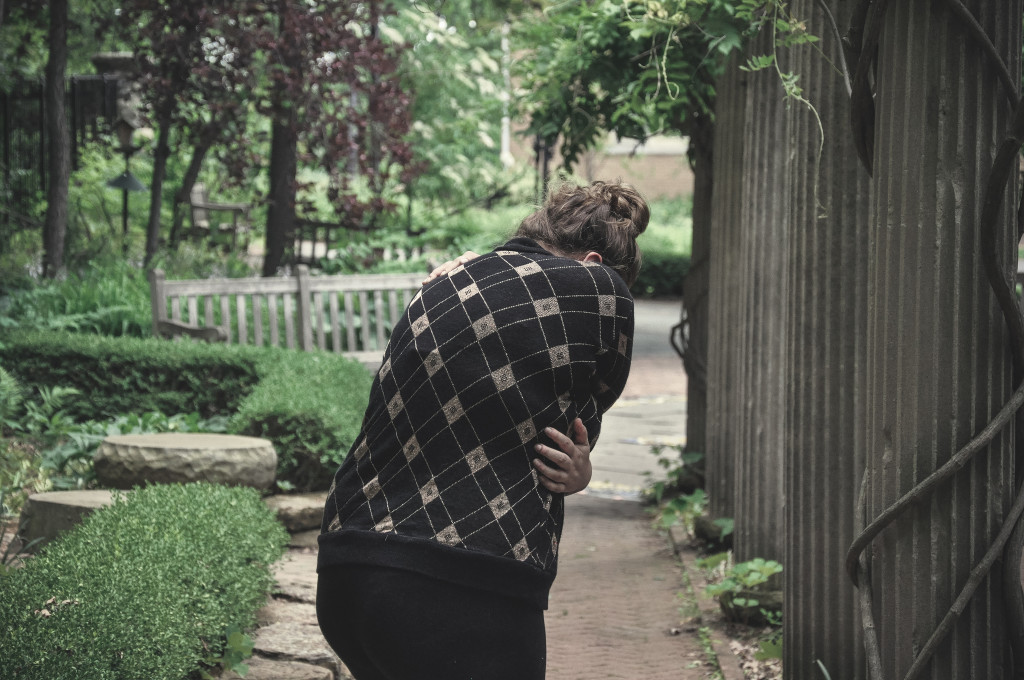
Photo courtesy of flickr.com
I had no idea what was happening to my body when I sat in my freshman year geometry class on what I thought was just another ordinary day. I felt a terribly urgent pain in my stomach that resulted in at least three trips to the bathroom and an irrational fear of Cream of Wheat. I thought I just had a rare but awful stomachache, but I quickly learned that the recurring symptoms I started experiencing almost daily weren’t normal. I knew something was wrong.
After multiple visits to multiple doctors and an anxiety-inducing colonoscopy and endoscopy, I still didn’t have any concrete answers. My doctor told me that he suspected I had developed irritable bowel syndrome, or as I, and so many others, affectionately call it, IBS.
IBS is an affliction that causes you to feel severe abdominal pain that results in constipation or diarrhea. It’s generally caused by certain “trigger” foods or high stress levels, so clearly it’s super fun to deal with. Around 10-15% of the US population is affected by IBS and there is no known cure for the disorder. Strictly monitored diet and lifestyle changes are really the only ways to control IBS symptoms.
Because my grandma, dad and sister all had IBS, I knew it was in my genes, so the diagnosis didn’t completely surprise me. I was surprised to have seemed to develop it so young, however. I hadn’t drastically changed my diet or lifestyle at the spry age of 14. There was no logical reason that explained why I developed this disorder. This was the most frustrating part of it all. I didn’t know how to cure myself, let alone partially control my symptoms. I felt lost.
The Daily Struggle
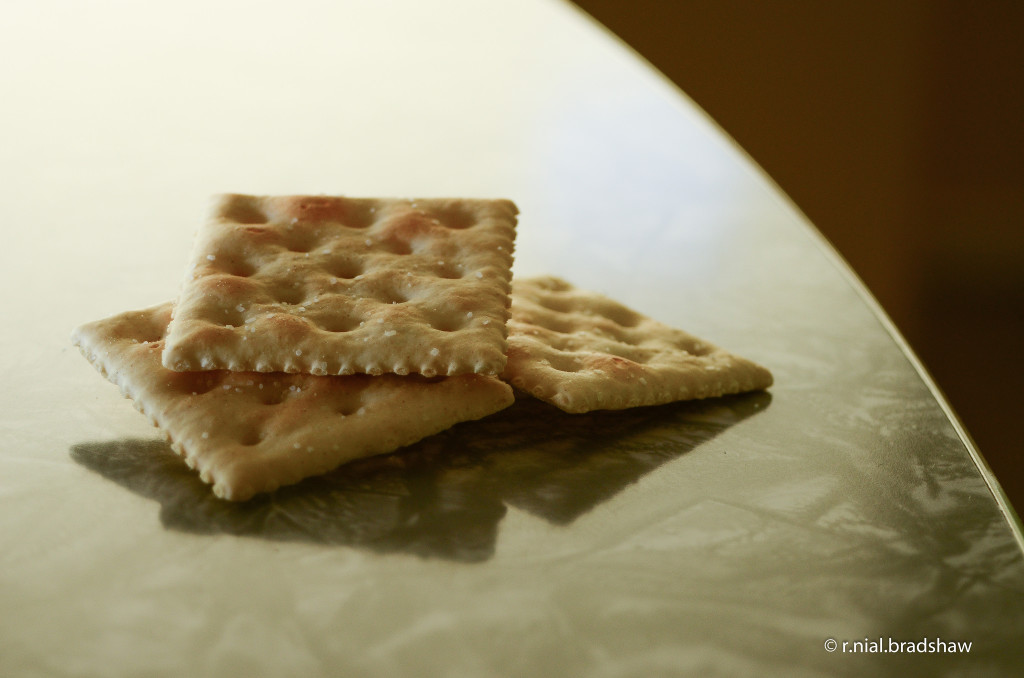
Photo courtesy of flickr.com
I started monitoring what I ate to try and pinpoint certain foods that made my symptoms flare up. At one point I blamed all dairy products for my problems, but sometimes I could eat ice cream without any difficulty at all and sometimes I would spiral into an endless series of trips to the bathroom and abdominal pain. The continuous lack of answers only made things worse. I, the girl who clung to stability and order, had lost control of my body.
I stopped eating normal meals in public. I nibbled on peanut butter crackers during my lunch period—just enough to finish the school day without hearing my stomach growl too loudly but not enough to ever feel properly full. I never ate food at parties or public social gatherings.
I started to fear what food did to my body. I started to resent the fact that my body needed food to survive. Food became my enemy.
My emotional and social life seemed to change just as quickly as my symptoms appeared. I stopped going to friends’ houses because I was afraid my stomach problems would flare up. I opted out of mission trips with my church’s youth group because I couldn’t imagine going a day without knowing that I always had a bathroom available to me. Taking a long road trip with anyone who wasn’t an immediate family member (the only people who knew the full extent of my issues) was an absurd notion.
I made up ridiculous excuses for why I couldn’t attend parties, “hang outs,” or anything in between. Going on dates (lol… Not that I had a long list of suitors or anything) was too anxiety-inducing to even consider. I saw my friends getting frustrated with me for always turning down their invitations without a real explanation as to why, but I was too embarrassed of my symptoms to tell them the truth.
The Consequences
Because I stopped attending social events, I spent a lot more time at home. I secluded myself and found solace in the comfort that my home gave me. At home, I always had an open bathroom available to me. At home, I knew my family wouldn’t judge me for my issues. At home, I could eat whatever I wanted. And I did. I binged on the food that I wouldn’t let myself eat in front of others. I ate until my stomach hurt and my body made me immediately rid itself of the food I had just eaten. Then, I felt hungry again and continued the cycle.
I started gaining weight throughout high school and my negative body image became toxic. I’m sure some of this weight gain was completely normal for a growing teenager, but in my mind, it all stemmed from my unhealthy eating habits related to my IBS. I hated myself for what I had become. I obsessed over how I looked. I had never been a person who judged others based on their appearance, but suddenly I was doing that to myself.
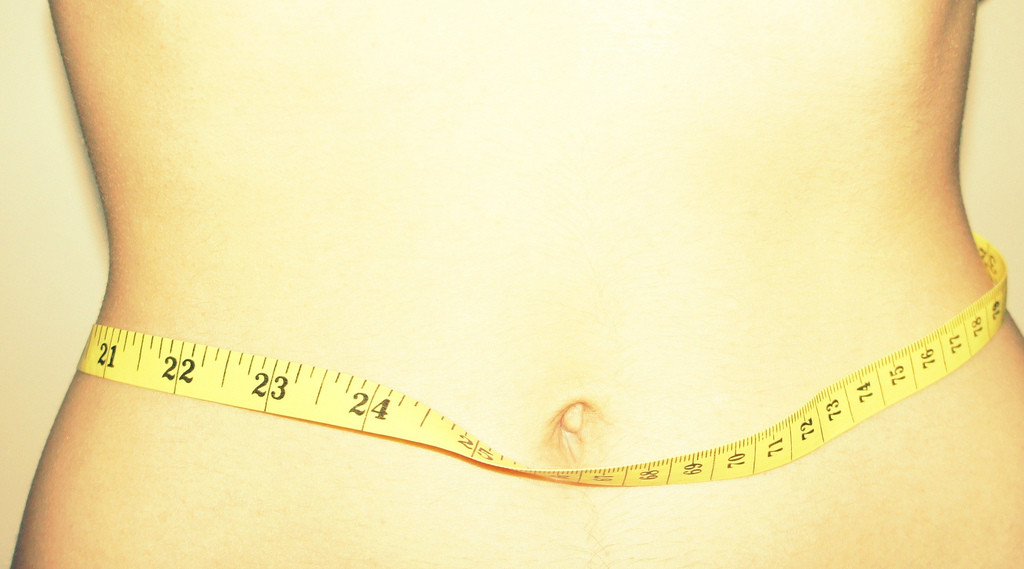
Photo courtesy of flickr.com
I started thinking that weight loss would somehow be the answer to all of my problems. I thought, “If I could just lose 10 pounds, everything would miraculously be okay.” I hated my relationship with food but I didn’t know how to fix anything. I continued my unhealthy binging because it made me happy and gave me some sort of control over my life. I tried to fix my stomach problems by taking copious amounts of Pepto Bismol and Imodium and praying that things would somehow get better. They didn’t.
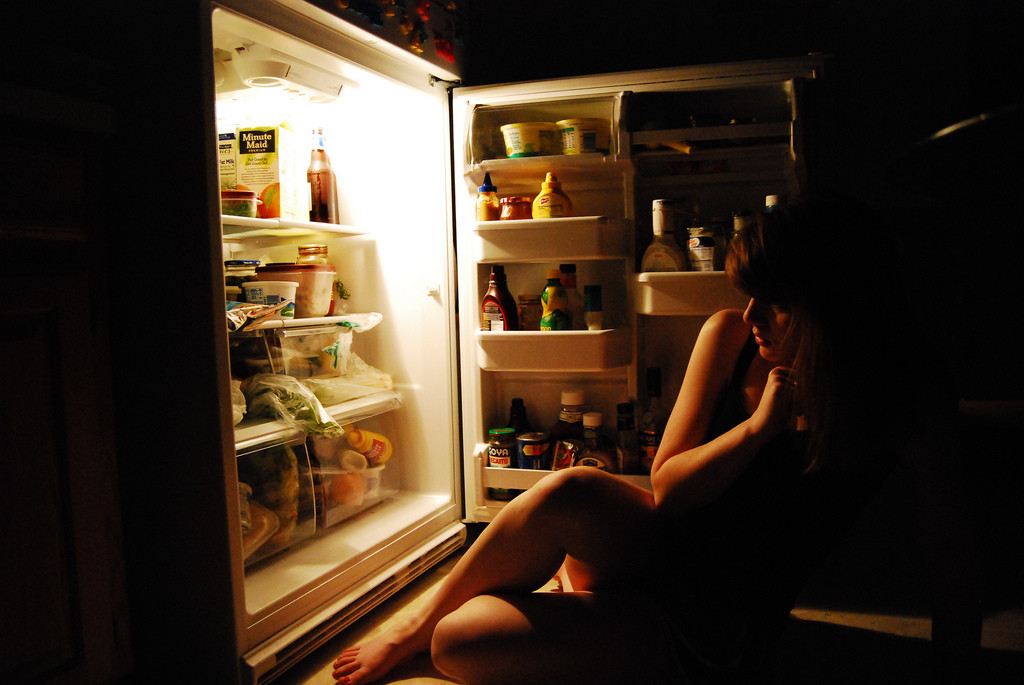
Photo courtesy of flickr.com
I basically continued this unhealthy cycle throughout my first year of college. After countless nights of eating Nutella until I ended up in a crying heap on the floor — partly out of pain and partly out of disgust and frustration with myself — I decided enough was enough. I couldn’t live this way anymore.
The Beginning of a Better Life
The summer after freshman year, I decided to try a gluten-free diet. I meticulously watched what I ate and honestly noticed a significant difference. I learned that I wasn’t actually allergic to gluten, but cutting out excessive carbs really helped my body and my mind feel lighter and healthier.
I started becoming more open about my problems. I told my friends what I was dealing with. I became comfortable with my body. I started making endless amounts of “poop jokes” and tried to use humor to deal with my problems. I started journaling to control my stress better.
I adopted a vegetarian lifestyle because meat upset my stomach and because it was something I’ve always wanted to do. I started living a harmonious life with food. I started letting food become a friend in my life again.
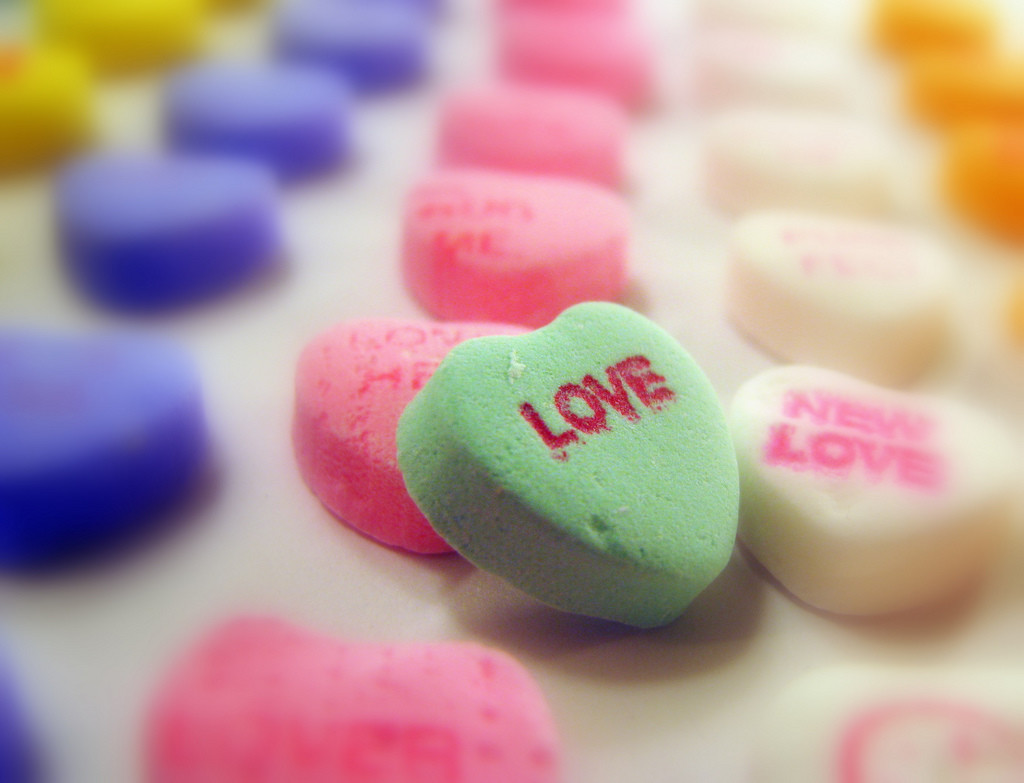
Photo courtesy of flickr.com
I certainly can’t say that I never have flare-ups anymore or that I don’t let my complicated relationship with food affect certain life decisions. I still refuse to eat anything before a big test or during a road trip. If I want to drink coffee, I know that I have to stay in my apartment for the rest of the day, and I’ve learned to be okay with that. I know that I can’t eat a pint of ice cream and expect to feel totally fine all night (but, honestly, who can?). I know that these decisions are only temporary. I know that I have taken control of my eating again.
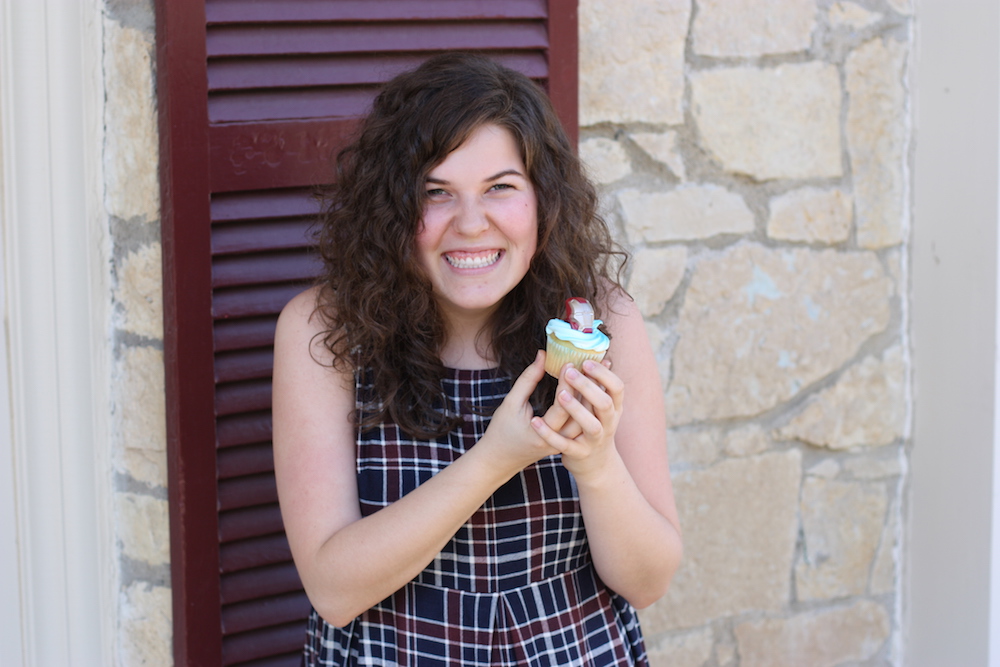
Photo courtesy of Bridgette Bova
I can now go to a restaurant or bar with my friends and not worry about having to leave halfway through the night due to stomach pains. I recently discovered that I can successfully travel abroad without many complications. I can survive the completely unexpected turns life takes without obsessing over what to eat or where to get more Pepto.
I now know that I can enjoy food again. I can enjoy living again.


